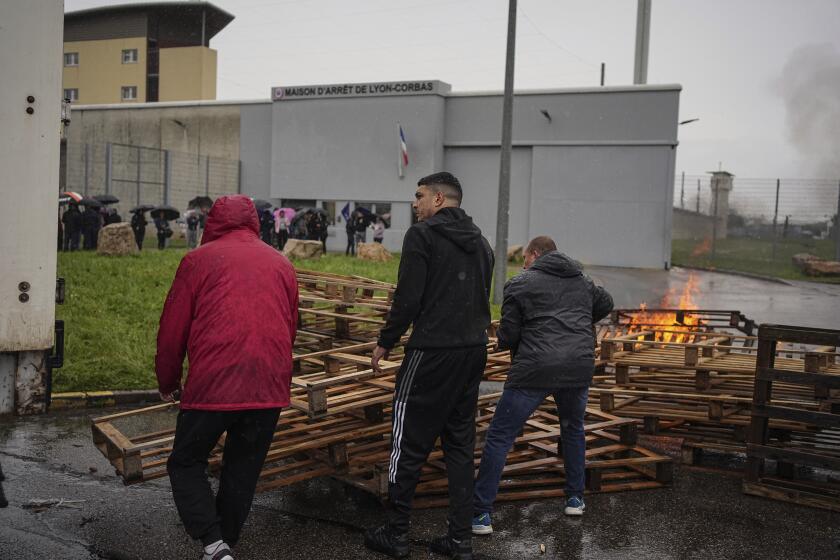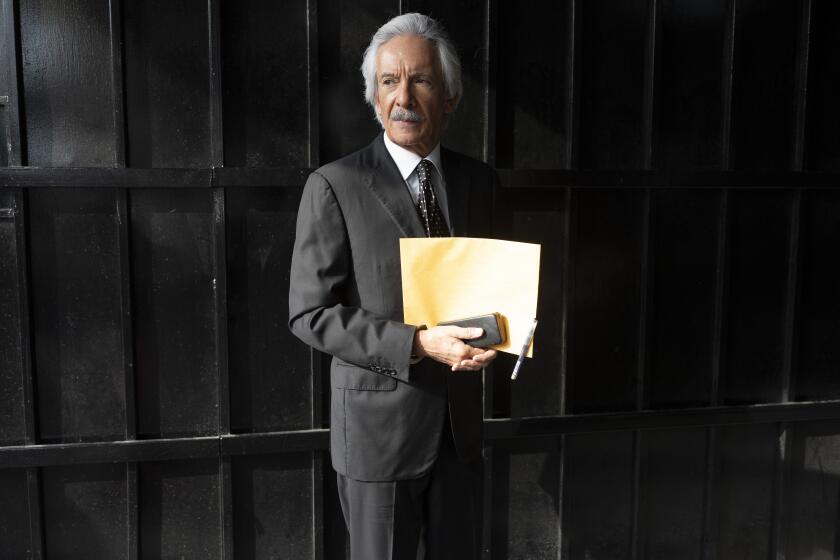Western Officials Again Delay Municipal Elections in Bosnia
In a move that could extend the U.S. presence in Bosnia, Western officials Tuesday ordered crucial local elections in 109 Bosnian cities and towns postponed until next year.
The Vienna-based organization in charge of the elections blamed “political problems” on all sides of Bosnia’s ethnic divides but singled out the Bosnian Serbs’ refusal to cooperate as the principal obstacle.
It was the second time in two months that the Organization for Security and Cooperation in Europe (OSCE) has been forced to delay the local elections, which had been set for Nov. 22-23.
The choosing of municipal officials is important because local authorities are the last impediment to the return of refugees to their hometowns after a 3 1/2-year war that killed or wounded hundreds of thousands. Failure to hold elections for new mayors and city councils may be the final brick in the wall of ethnic division.
Robert H. Frowick, the U.S. diplomat who heads the OSCE mission in Bosnia-Herzegovina, told a news conference in the capital, Sarajevo, that he hoped to reschedule voting for sometime between April and June, but he conceded: “Nothing is scheduled yet.”
In fact, rather than a delay, the West may be facing a cancellation of the municipal vote if the Bosnian Serbs don’t agree to extend the OSCE mandate, which expires Dec. 20. So far, they have refused. John Kornblum, U.S. assistant secretary of state, will attempt to secure a commitment today from Biljana Plavsic, president of Republika Srpska, the Serbian portion of Bosnia.
If the mandate is not extended, the Bosnian Serbs--as well as their Muslim and Croatian counterparts--will feel free to hold elections under their own rules and without international supervision. Plavsic has threatened to do just that.
“We will simply not allow that to happen,” Kornblum said in a telephone interview from Sarajevo, where he negotiated a separate breakthrough--persuading the three-member presidency of Bosnia to hold its first substantive meeting.
The three members of the collective presidency, all former wartime enemies, met informally Sept. 30. But Momcilo Krajisnik, the Bosnian Serb member, boycotted the presidential inauguration Oct. 5.
On Tuesday, Krajisnik relented on his previous refusal to travel to downtown Sarajevo and join Alija Izetbegovic, the Muslim, and Kresimir Zubak, the Croat.
Krajisnik finally swore an oath of allegiance to the Bosnian constitution, and the three men agreed to alternate meeting sites between Muslim-Croat Sarajevo and the Serb-controlled suburb of Lukavica.
In Washington, the Clinton administration, which has consistently pushed for early elections because it has promised to remove U.S. troops from Bosnia by year’s end, said the delay announced Tuesday will not affect plans to withdraw those soldiers.
But officials conceded that the postponement will affect North Atlantic Treaty Organization discussions about forming a “follow-on force” that would remain in Bosnia.
More to Read
Start your day right
Sign up for Essential California for news, features and recommendations from the L.A. Times and beyond in your inbox six days a week.
You may occasionally receive promotional content from the Los Angeles Times.







